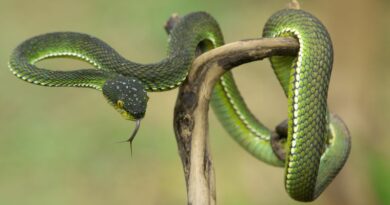best exotic pets anyone can own – As the allure of exotic pets continues to captivate animal enthusiasts, it is essential to navigate this unique realm with informed and responsible choices. This guide explores the realm of exotic pets, aiming to demystify the process of selecting creatures that can seamlessly integrate into diverse lifestyles. Dispelling common misconceptions, we emphasize the importance of thorough research, adherence to legal regulations, and consideration of key factors such as space, care, and budget. By presenting a curated list of top exotic pets, we strive to cater to a broad audience, ensuring that these captivating companions bring joy while minimizing challenges. Let’s embark on a journey to discover the world of extraordinary pets, fostering a harmonious balance between human and exotic fauna.
Best exotic pets anyone can own
Hedgehogs
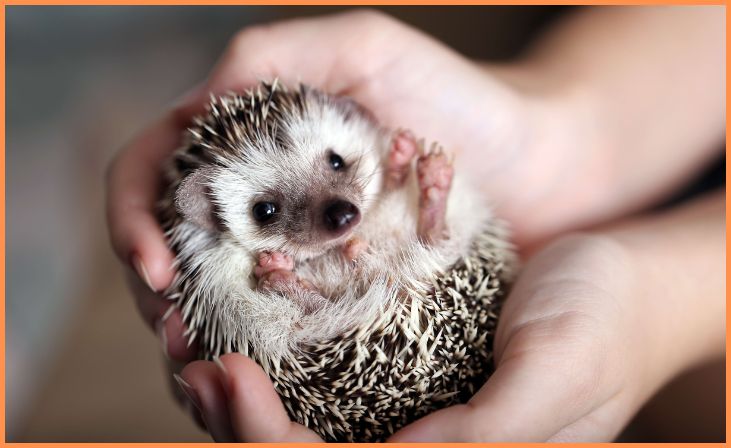
Hedgehogs make unique and adorable pets, known for their spiky quills. These small, nocturnal mammals require a proper diet, a suitable habitat, and regular veterinary care. Their curious and solitary nature makes them relatively low-maintenance companions. Providing a secure enclosure with hiding spots and a wheel for exercise is essential. Hedgehogs are insectivores, so a balanced diet of specially formulated hedgehog food or insects is necessary for their well-being. It’s important to handle them gently and regularly to build trust. Before getting a hedgehog, be aware of local regulations and ensure you can meet their specific needs for a happy and healthy life.
Also, Read – 10 Lovely Miniature Dog Breeds With Lots Of Character
Sugar Gliders
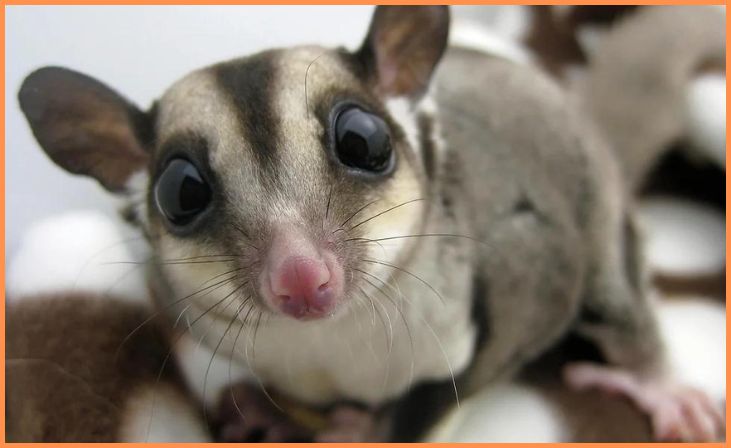
Sugar gliders, small nocturnal marsupials, make charming exotic pets known for their gliding abilities. Social animals, they thrive on companionship and need a dedicated owner. Sugar gliders require a specialized diet, consisting of fruits, vegetables, and a protein source, along with supplements. Their habitat should include a large, multi-level cage with plenty of climbing opportunities and toys for mental stimulation. Regular veterinary check-ups are essential for their well-being. Bonding with sugar gliders involves spending time interacting with them, and they may require patience to adjust to handling. It’s crucial to research local laws and regulations before considering a sugar glider as a pet.
Ferrets
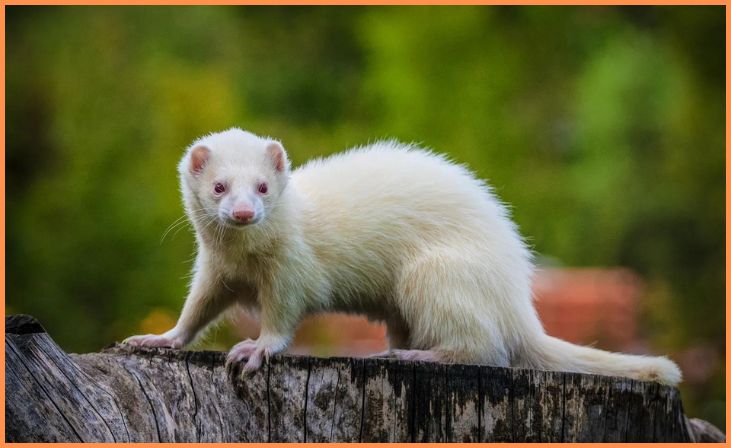
Ferrets, playful and energetic carnivores, make delightful exotic pets for those willing to meet their needs. Highly social, ferrets thrive on interaction and playtime, often forming strong bonds with their owners. Proper care involves providing a spacious enclosure, mental stimulation, and a balanced diet rich in meat. Ferrets need regular veterinary check-ups and vaccinations. Due to their curious nature, ferret-proofing living spaces is crucial to ensure their safety. These intelligent creatures enjoy toys and tunnels for entertainment. Owners should be prepared for a long-term commitment, as ferrets can live up to 8 years or more. Check local regulations, as laws regarding ferret ownership may vary.
Chinchillas
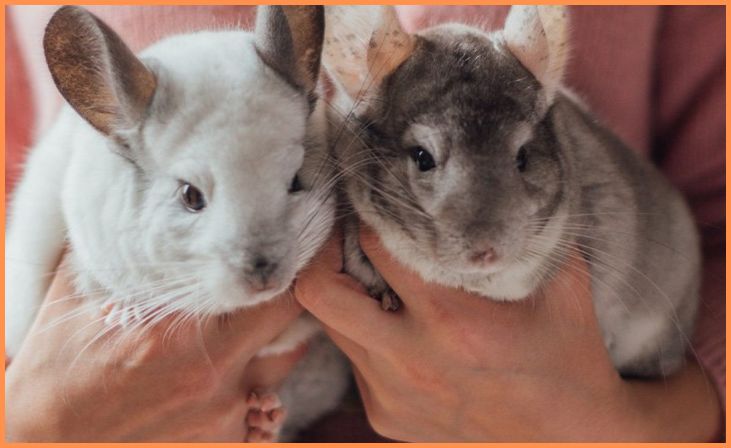
Chinchillas, known for their soft fur and playful demeanor, make charming exotic pets. These small rodents require careful attention to their well-being. Housing them in a spacious, multi-level cage with proper ventilation is essential. Chinchillas need a specialized dust bath for grooming, as they lack the ability to bathe in water. A diet rich in hay, supplemented with pellets and occasional treats, supports their nutritional needs. Regular veterinary check-ups are crucial for their health. Chinchillas are social animals, so having a companion is recommended for their happiness. As with any exotic pet, thorough research and understanding of their specific requirements are key to responsible ownership.
Ball Pythons
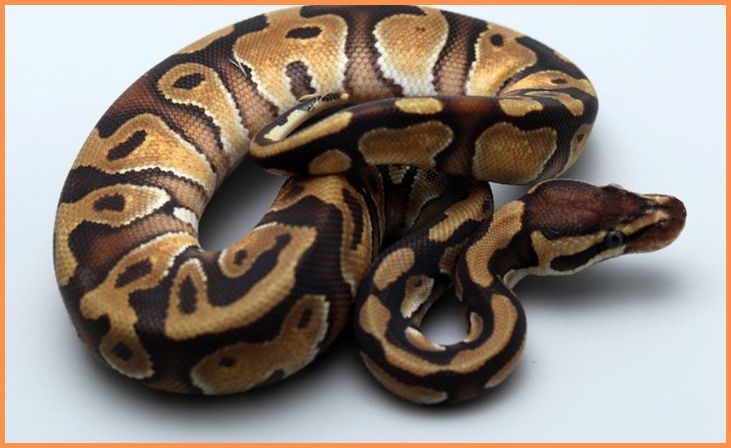
Ball pythons, popular among reptile enthusiasts, are docile and relatively small snakes, making them suitable exotic pets. These non-venomous constrictors have a calm demeanor, making them ideal for beginners. Housing them in a secure enclosure with proper heating and hiding spots is essential. Ball pythons thrive on a diet of appropriately sized rodents, and their enclosure needs careful humidity and temperature control. Regular handling helps build a bond with these snakes. While they have a long lifespan of up to 30 years, they require dedicated care. Ensure familiarity with local regulations and commitment to their specialized needs before considering a ball python as a pet.
Also, Read – The 10 Most Powerful Predators in the Food Chain
Tarantulas
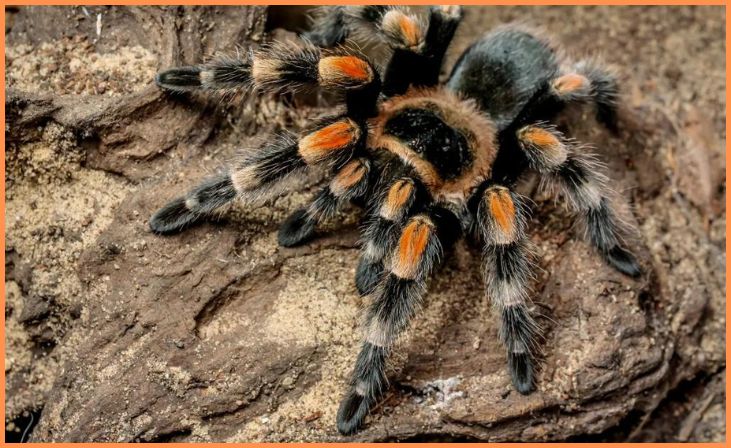
Tarantulas, captivating arachnids, are kept as exotic pets by enthusiasts. These low-maintenance creatures require a secure terrarium with appropriate substrate, hiding spots, and proper ventilation. Tarantulas molt periodically, and their diet consists of live insects. Various species have distinct care needs, so thorough research is essential. Handling is generally minimal, as some species may have urticating hairs that can cause irritation. Tarantulas are fascinating to observe, displaying diverse behaviors and unique characteristics. Responsible ownership involves understanding their specific requirements and providing a suitable environment. Before getting a tarantula, check local regulations, as some areas may have restrictions on keeping these arachnids as pets.
Axolotls
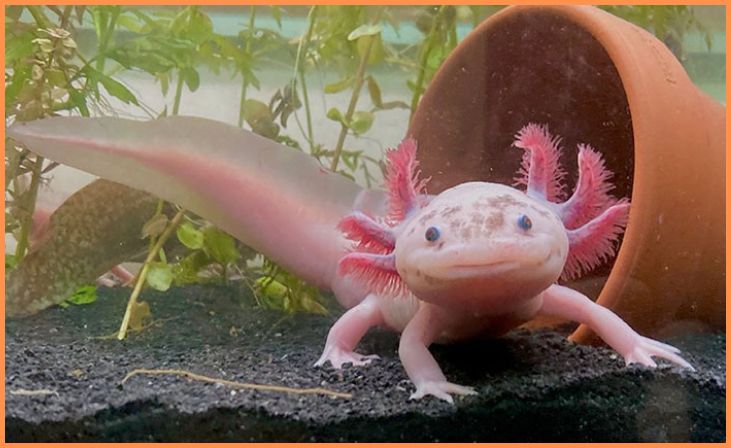
Axolotls, unique aquatic salamanders, make intriguing exotic pets. Remaining in their larval form throughout life, they boast regenerative abilities, regrowing limbs and even parts of their heart and brain. Axolotls thrive in well-maintained aquariums with clean water, suitable substrate, and hiding spots. Their diet includes live or frozen foods, such as worms and small fish. These fascinating amphibians are relatively low-maintenance, but proper temperature and water quality are crucial for their health. Owners should be prepared for a long commitment, as axolotls can live up to 15 years. Ensure awareness of local regulations, as laws regarding axolotl ownership may vary.
Bengal Cats
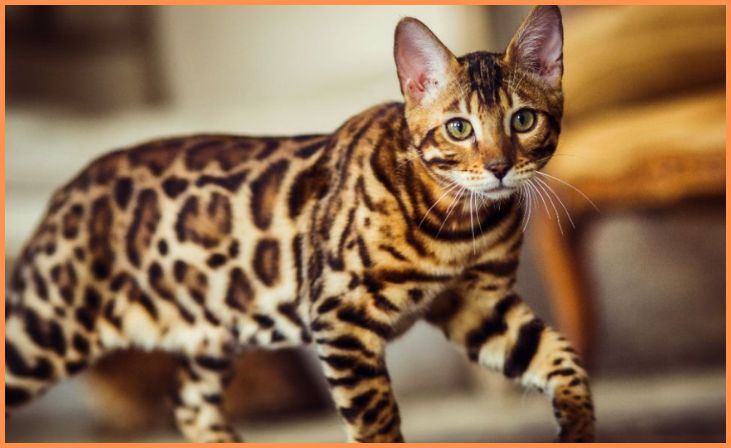
Bengal cats, known for their striking appearance resembling small leopards, are exotic-looking domestic feline companions. With a distinctive spotted or marbled coat, these playful and energetic cats require mental stimulation and interaction. Bengals are social animals, enjoying the company of their owners and other pets. A balanced diet, regular grooming, and veterinary care contribute to their well-being. Their intelligence makes them adept at learning tricks and enjoying puzzle toys. Bengals thrive in environments with climbing structures and spaces to explore. Before acquiring a Bengal cat, check local regulations and ensure commitment to their needs for a happy and healthy life, as they can live up to 15 years or more.
Conclusion
In conclusion, embracing exotic pets demands both fascination and responsibility. By highlighting creatures like bearded dragons, hedgehogs, sugar gliders, ball pythons, and fancy rats, we’ve underscored their suitability for diverse owners. However, the journey doesn’t end here; it requires continuous commitment to the well-being of these unique companions. Prioritizing health, mental stimulation, and responsible ownership ensures a fulfilling experience for both the owner and the extraordinary pets, fostering a harmonious connection that transcends the ordinary boundaries of the human-animal bond. Choose wisely, care deeply, and let the world of exotic pets enrich your life responsibly.
FAQs
Exotic pets suitable for everyone are generally low-maintenance, adaptable to various lifestyles, and have manageable space requirements. They should also be readily available and affordable.
No, the legality of owning exotic pets varies by location. Always check local and regional regulations before acquiring an exotic pet to ensure compliance with the law.
The time and effort required depend on the specific species. While some, like bearded dragons, are relatively low-maintenance, others, like sugar gliders, may require more attention and specialized care.






